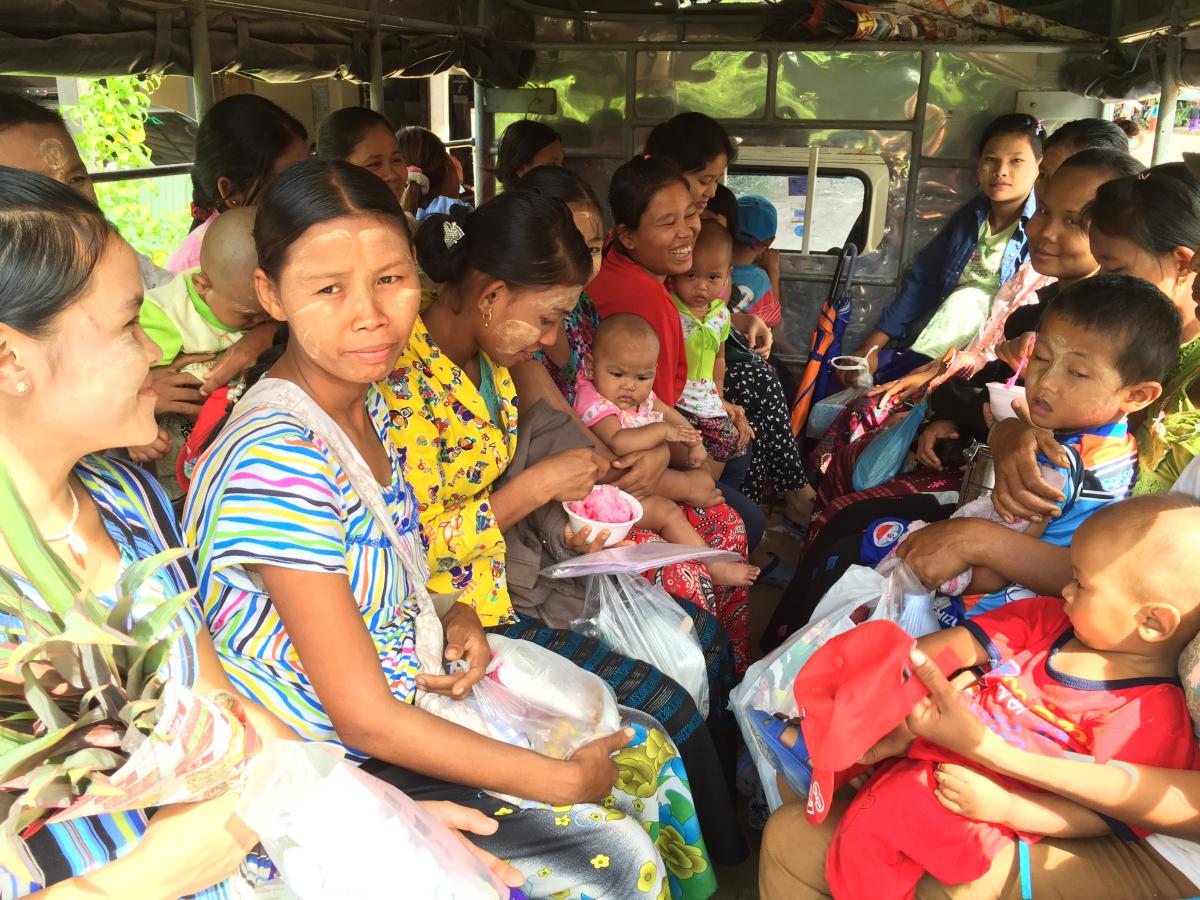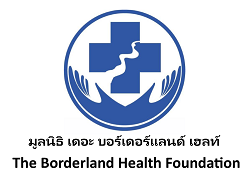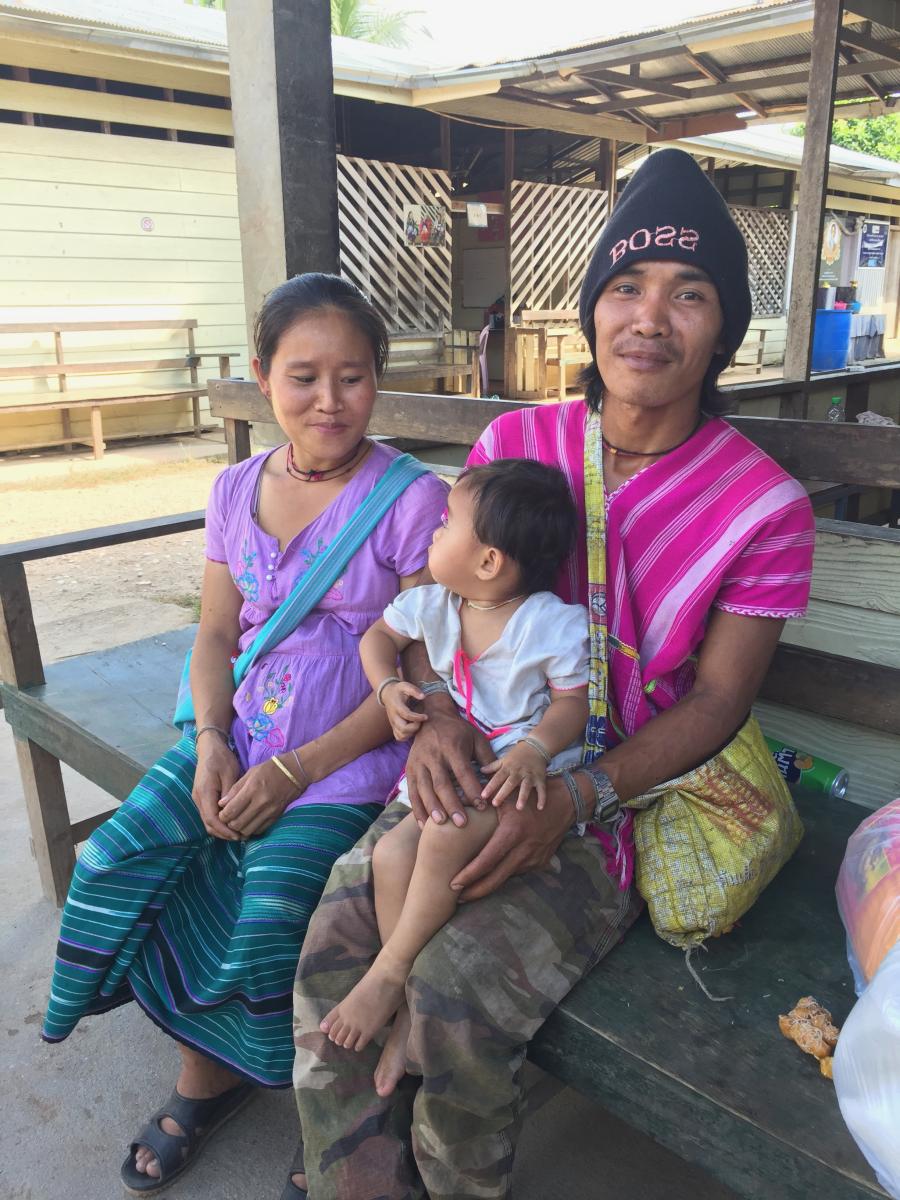MOTHER AND CHILD HEALTH PROGRAM: EQUITABLE ACCESS TO CARE 
Surveys of migrants in Thailand have found most are in their early reproductive years and often live with their spouse or find a migrant partner. Programs have been implemented to improve migrants’ access to health yet none have been directed at access to MCH services. Migrants have to buy health insurance, frequently annually, and as this is expensive compared to migrant salaries care for illness is often ad hoc through self-medication or out-of-pocket payments for private (no questions about legal status) care.
Yet pregnancy remains a period when simple and inexpensive antenatal care can optimize outcomes for mothers and children. Surgery such as caesarean section maybe a significant, unexpected expenditure upon which the life of the mother, or baby, or both depend upon, and delays may be life threatening.
-
MCH clinics along the border provide easy access to migrants for antenatal care and birthing services
MCH clinics with outpatient and inpatient care to provide a woman centred care model.
- MCH clinics are located on both sides of the border to improve access for patients.
- A one stop service for MCH care including ultrasound services, screening to prevent mother to child transmission of infection of communicable (Malaria, HIV, Syphilis, TB, Hepatitis B) and non-communicable disease screening and treatment (malnutrition, anaemia, gestational diabetes and hypertensive disorders).
- Medical team, counselling team and laboratory support activities for all MCH activities.
- Birthing services with trained skilled birth attendants.
- Special care baby unit for neonatal care including prematurity, neonatal jaundice and neonatal sepsis.
-
Reproductive and adolescent health awareness raising for migrants and hard to reach vulnerable groups
- Reproductive health awareness activities for the vulnerable, marginalized people from Myanmar including displaced and migrant cross border populations
- Increasing access and provision of locally acceptable family planning methods
-
Trained and friendly staff sensitive to language and culture of migrant and vulnerable groups
- Learning and education of local staff with curriculums designed to promote standardized quality care to meet core criteria.
-
2 Countries collaborations with partners for MCH referral
- Cooperation with the M-FUND for affordable health insurance for migrants.
- Partnerships with Thai Public Health, Thai district hospitals and Myawaddy hospital to improve MCH care including vaccination
- Collaboration with the Myawaddy National AIDS programat Government hospital to support all pregnant women with HIV to get the treatment for AIDS disease.
- Cross-border collaboration for continuation of care for all mothers and infants using multilingual documents

 WORKING TOGETHER WITH SMRU ON ACCESS TO HEALTH FOR THE MOST VULNERABLE
WORKING TOGETHER WITH SMRU ON ACCESS TO HEALTH FOR THE MOST VULNERABLE